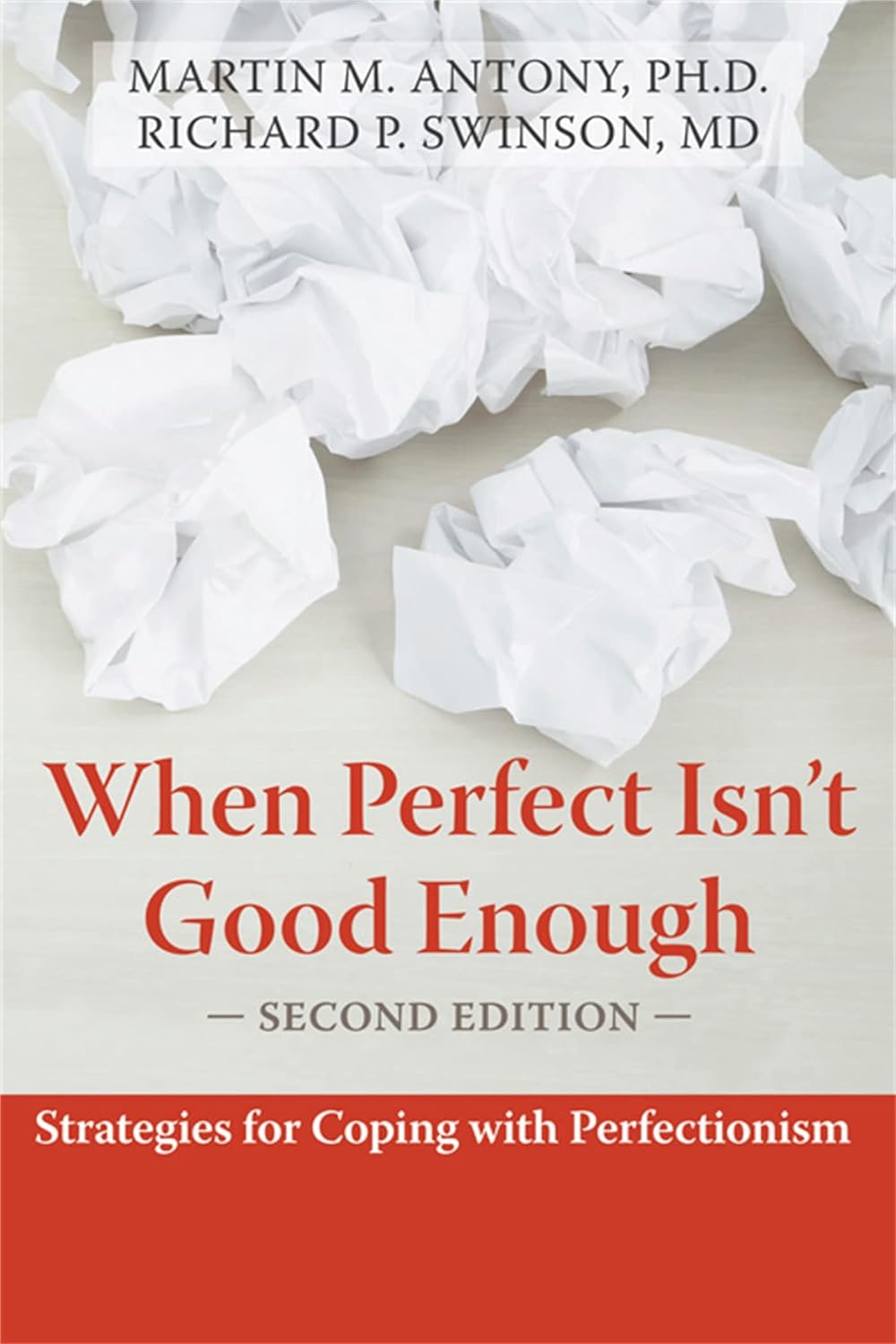Table of Contents
Obsessive-Compulsive Personality Disorder (OCPD)
Primer
Obsessive-Compulsive Personality Disorder (OCPD) is a personality disorder where individuals may be perfectionistic, inflexible, and unable to express warm, tender feelings. There can be preoccupation with trivial details and rules, and difficulty adapting to changes in routine. Obsessive-compulsive disorder (OCD) is an separate disorder that involves irresistible obsessions and compulsions and is not the same as OCPD.
Epidemiology
Prognosis
- Individuals with OCPD may have occupational difficulties and distress, especially when confronted with new situations that demand compromise or flexibility.
Comorbidity
- There is an association between with depression, bipolar disorder, and eating disorders (in particular with anorexia nervosa).[3]
Risk Factors
- Individuals with anxiety disorders (e.g. - generalized anxiety disorder, social anxiety disorder, and specific phobias) and obsessive-compulsive disorder (OCD) are at increased odds for meet criteria for OCPD
- Many features of OCPD overlap with “type A” personality characteristics.
- Twin studies suggest that OCPD also appears to be heritable.[4]
DSM-5 Diagnostic Criteria
See main article: Introduction to Personality Disorders for general diagnostic approaches and criteria to personality disorders.
A pervasive pattern of preoccupation with orderliness, perfectionism, and mental and interpersonal control, at the expense of flexibility, openness, and efficiency, beginning by early adulthood and present in a variety of contexts, as indicated by 4 (or more) of the following:
- Is preoccupied with details, rules, lists, order, organization, or schedules to the extent that the major point of the activity is lost
- Shows perfectionism that interferes with task completion (e.g. - is unable to complete a project because his or her own overly strict standards are not met)
- Is excessively devoted to work and productivity to the exclusion of leisure activities and friendships (not accounted for by obvious economic necessity)
- Is overconscientious, scrupulous, and inflexible about matters of morality, ethics, or values (not accounted for by cultural or religious identification)
- Is unable to discard worn-out or worthless objects even when they have no sentimental value
- Is reluctant to delegate tasks or to work with others unless they submit to exactly his or her way of doing things
- Adopts a miserly spending style toward both self and others; money is viewed as something to be hoarded for future catastrophes
- Shows rigidity and stubbornness
Psychopathology
- Defenses used include reaction formation, and isolation of affect.
Differential Diagnosis
-
- Despite the similar sounding names, OCD can be easily differentiated from OCPD by the presence of true obsessions and compulsions in OCD. When criteria for both OCPD and OCD are met, both diagnoses can be made.
-
- Hoarding disorder should be considered especially when there is severe hoarding (e.g. - stacks of newspapers that become a fire hazard or risk of collapsing on the individual). If criteria for both are met, both diagnoses can be made.
-
- Individuals with narcissistic personality disorder may express perfectionism and believe that others cannot do things as well, but these individuals believe they have already achieved perfection, whereas those with OCPD are usually self-critical and not satisfied with their work.
-
- Both schizoid personality disorder and OCPD may have an apparent formality and social detachment. However, in OCPD, this stems from discomfort with emotions and excessive devotion to work. In schizoid personality disorder, there is a fundamental lack of interest, or lack of capacity for intimacy.
- Adaptive traits
- Obsessive-compulsive personality traits in moderation can be adaptive, especially in situations that demand and reward high performance (e.g. - medical school, financial industry)
-
- OCPD should also be differentiated from personality changes due to another medical condition (e.g. - traumatic brain injury), where the traits that emerge are attributable to the effects of another medical condition on the central nervous system.
-
- OCPD should also be differentiated from symptoms associated with persistent substance use.
Treatment
- Cognitive behavioural therapy (CBT) is the best validated treatment of OCPD. In CBT, addressing core beliefs such as “If I’m not in control, things will fall apart” is important.[5]
- Psychodynamic therapy may also be appropriate when the patient's feelings are more accessible.[6]
Guidelines
Personality Disorder Guidelines
| Guideline | Location | Year | Website | |
|---|---|---|---|---|
| World Federation of Societies of Biological Psychiatry (WFSBP) | International | 2009 | - | Link |
Resources
References
1)
American Psychiatric Association. (2013). Diagnostic and Statistical Manual of Mental Disorders (5th ed.). Arlington, VA.
2)
American Psychiatric Association. (2013). Diagnostic and Statistical Manual of Mental Disorders (5th ed.). Arlington, VA.
3)
Young, S., Rhodes, P., Touyz, S., & Hay, P. (2013). The relationship between obsessive-compulsive personality disorder traits, obsessive-compulsive disorder and excessive exercise in patients with anorexia nervosa: a systematic review. Journal of eating disorders, 1(1), 16.
4)
Diedrich, A., & Voderholzer, U. (2015). Obsessive–compulsive personality disorder: a current review. Current psychiatry reports, 17(2), 2.

